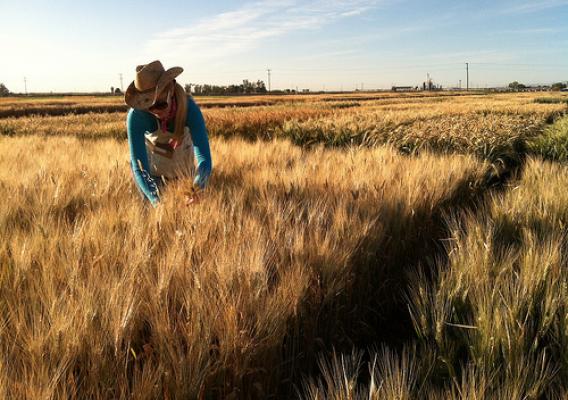Support for agriculture reached a record $851 billion per year in 2020-22 in 54 OECD countries and major emerging economies, according to the OECD’s annual Agricultural Policy Monitoring and Evaluation Report.
Most of this support ($630 billion per year) is provided directly to producers.
The remainder is provided in the form of general sector services ($106 billion) and consumer support ($115 billion).
Agricultural support is defined as the annual monetary value of gross transfers to agriculture from consumers and taxpayers arising from government policies that support agriculture, regardless of their objectives and economic impacts.
Much of the support to producers ($411 billion per year) takes the form of potentially more market-distorting support.
This includes market price support policies that raise domestic commodity prices above the relevant benchmark levels that would apply in the absence of such policies (such as import barriers); payments based on production; and payments based on unlimited use of variable inputs (such as fuel or fertilizer).
Support for agriculture
In addition to impacts on global markets, different forms of agricultural support also have consequences for the environment and the use of natural resources.
Existing agricultural support policies can contribute to increased greenhouse gas (GHG) emissions and encourage unsustainable use of natural resources.
The most potentially market-distorting policies (those listed above, accounting for $411 billion per year) are also the most potentially environmentally damaging support policies.
This is because they are tied to farmers’ production decisions and cannot easily target those most in need, and provide incentives for intensified input use, for allocating land to supported crops, and for land entry into the agricultural sector.
These policies can have negative impacts on water quality and direct agricultural GHGb emissions, and negatively affect biodiversity by promoting less diverse farming systems.

